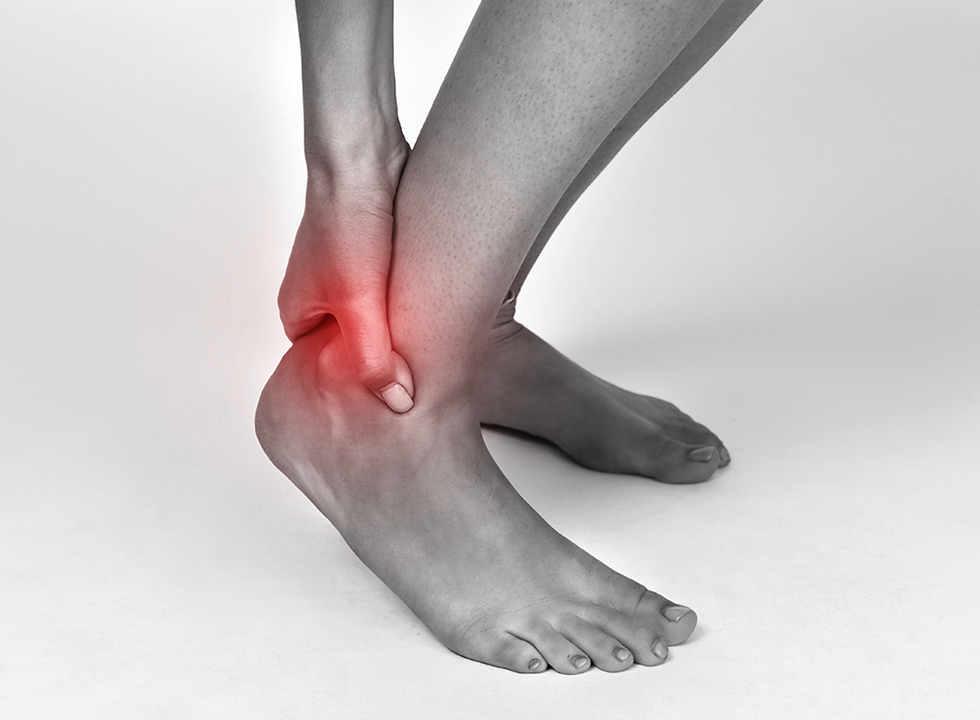Ice Vs Heat - When to use What
- E-Young Khoo
- Jul 29, 2025
- 2 min read
Whether you’ve just rolled your ankle, pulled a muscle at the gym, or are dealing with chronic pain, the question we hear time and time again in the clinic is:“Should I be using ice or heat?”
Both ice and heat are simple, effective tools in managing pain and inflammation — but knowing when and how to use each can make all the difference in your recovery. Here’s a physiotherapist’s guide to help you get it right.
🧊 When to Use Ice
Best for: Acute injuries, swelling, and inflammation
Think: Recent sprains, strains, bruising, or swelling
Ice is your go-to in the first 24–72 hours after a new injury. It helps reduce blood flow to the area, which in turn minimises swelling, inflammation, and tissue damage.
Use Ice For:
Acute ankle sprains
Muscle strains
Knee swelling after a twist or fall
Bruising and impact injuries
Post-operative swelling (under guidance)
How to Apply:
Apply an ice pack (or a bag of frozen peas wrapped in a towel) to the affected area
15–20 minutes at a time, every 2–3 hours
Avoid placing ice directly on the skin to prevent ice burns
✅ Pro tip: Ice is most effective when used in the early stages of an injury — don’t overdo it once swelling has settled.
🔥 When to Use Heat
Best for: Chronic pain, muscle tightness, and stiffness
Think: Ongoing back pain, joint stiffness, or tight muscles
Heat increases blood flow, which relaxes tight tissues, soothes stiffness, and reduces muscle spasms. It’s especially helpful for chronic conditions or before physical activity to loosen things up.
Use Heat For:
Chronic lower back or neck pain
Tight muscles or knots
Stiff joints (e.g., from osteoarthritis)
Muscle cramps
Warming up before exercise or stretching
How to Apply:
Use a heat pack, warm towel, or hot water bottle (never too hot!)
15–20 minutes at a time
Avoid applying heat to swollen or inflamed areas
✅ Pro tip: Heat can help with muscle relaxation, but avoid using it immediately after an acute injury — it may make swelling worse.
Know the Facts
Knowing when to use ice and when to apply heat is a simple yet powerful part of managing pain and supporting your recovery. While both tools are effective, using them at the wrong time can delay healing or worsen symptoms. If you're ever unsure, it's best to consult a physiotherapist for guidance tailored to your specific condition.



Comments